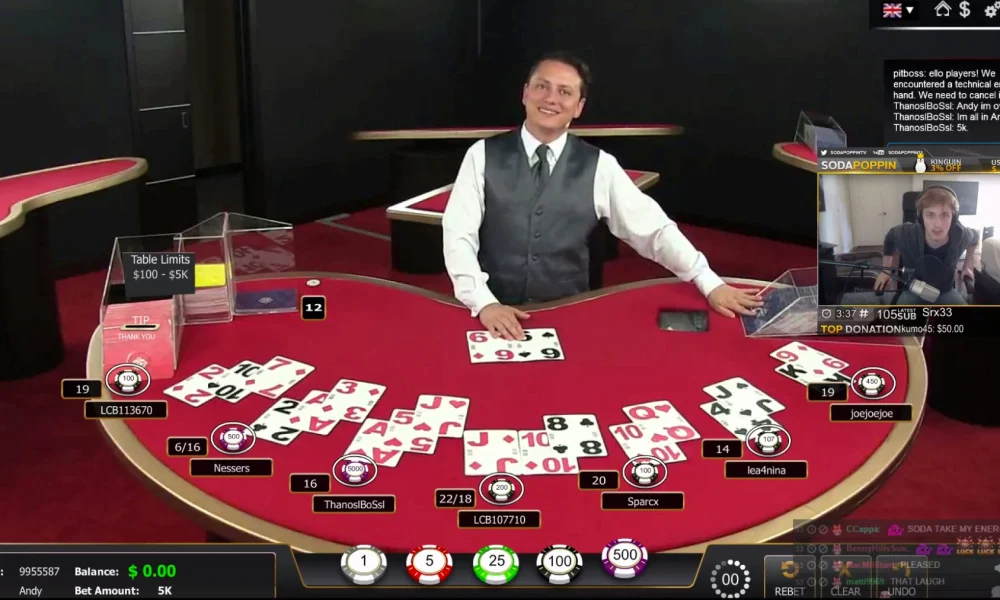Planning and making thoughtful choices are crucial to winning bets. Live gaming sessions require players to consider the risk level and when to bet. Random betting without paying attention to the odds table conditions or personal standing will waste opportunities and reduce funds quickly. Smart players on https://mratm88.social/ employ specific tactics that increase the value extracted from identical monetary investments compared to careless approaches that treat all bets equally.
Reading table momentum
Observing outcome sequences provides information about short-term trends that inform betting decisions, even though each round remains mathematically independent. Consecutive outcomes creating apparent patterns generate psychological momentum that affects other players and creates betting opportunities for those recognising these transient conditions. Tables showing repeating outcome types attract attention and alter betting patterns as participants chase perceived hot streaks or bet against extended runs, expecting reversions to statistical norms. Recognising these transition points allows strategic stake adjustments that align with refreshed table conditions rather than continuing strategies developed under different circumstances that no longer apply after personnel or participant changes restructure table dynamics.
Session control methods
Predetermined rules established before gameplay begins create frameworks that guide decisions during potentially emotional moments when judgment might become clouded by recent outcomes or accumulated session stress.
- Setting specific time limits prevents marathon sessions where exhaustion degrades decision quality and leads to progressively worse choices as fatigue accumulates
- Establishing loss thresholds creates exit triggers that stop play before damage becomes severe enough to affect finances beyond entertainment budgets
- Defining win targets locks in successful sessions by mandating withdrawal when predetermined profit levels are reached, despite the temptation to continue
- Taking scheduled breaks every thirty to forty-five minutes maintains mental sharpness and prevents autopilot behaviour, where attention drifts from active engagement
These structural controls transform abstract intentions into concrete behaviours that protect value even when emotional states encourage continuation past rational stopping points. Writing down rules and reviewing them before sessions strengthens commitment compared to vague mental guidelines easily abandoned under pressure.
Dealer observation tactics
Individual dealers exhibit unique patterns in their physical techniques, interaction styles, and game pacing that create subtle variations between tables running identical games with identical rules. Observing these individual characteristics reveals which dealers create atmospheres and game rhythms matching personal preferences and playing styles.
- Dealing speed variations affect game pace significantly, with faster dealers providing more decisions hourly, while slower dealers allow extended consideration between rounds
- Shuffling thoroughness differs between individuals despite standardised procedures, with some dealers performing minimal shuffles while others execute extensive randomisation
- Interaction personalities range from quiet, efficient service to engaging conversational styles that create distinct table atmospheres suiting different social preferences
- Equipment handling reveals dealer experience levels and comfort, with smooth, confident movements indicating seasoned professionals versus hesitant, awkward handling suggesting newer staff
Maximising bet value in live casino sessions requires deliberate game selection based on house edge comparisons, dynamic stake timing that adjusts to observed conditions, momentum reading that recognises short-term pattern opportunities, disciplined session control preventing emotional errors, and dealer observation identifying personnel whose styles match personal preferences. These strategies extract superior entertainment value from identical monetary investments compared to random, undisciplined approaches that ignore opportunities for optimisation.

